
Vayeshev: Yehuda and Tamar
There are some events in Torah that you simply don't start with, not when teaching children and not when doing outreach...

כה הִ֣וא מוּצֵ֗את וְהִ֨יא שָֽׁלְחָ֤ה אֶל־חָמִ֨יהָ֙ לֵאמֹ֔ר לְאִישׁ֙ אֲשֶׁר־אֵ֣לֶּה לּ֔וֹ אָֽנֹכִ֖י הָרָ֑ה וַתֹּ֨אמֶר֙ הַכֶּר־נָ֔א לְמִ֞י הַֽחֹתֶ֧מֶת וְהַפְּתִילִ֛ים וְהַמַּטֶּ֖ה הָאֵֽלֶּה
כו וַיַּכֵּ֣ר יְהוּדָ֗ה וַיֹּ֨אמֶר֙ צָֽדְקָ֣ה מִמֶּ֔נִּי כִּֽי־עַל־כֵּ֥ן לֹֽא־נְתַתִּ֖יהָ לְשֵׁלָ֣ה בְנִ֑י וְלֹֽא־יָסַ֥ף ע֖וֹד לְדַעְתָּֽהּ
While she (Tamar) was being taken out, she sent for her father-in-law saying, “I am pregnant by the man to whom these belong. Please identify to whom this signet ring, cloak, and staff belong.” Yehudah recognized [them] and said, “She has been more righteous than me …”(Bereishit 38:25-26)
There are some stories in Tanach that you simply don’t start with, not when teaching children and not when doing outreach. They are in the Torah, so they are true — absolutely true. And they are holy, just as every word of Torah is. And, if they’re in the Torah, then it is because G-d wants them there, and because they teach a crucial moral lesson about the service of G-d.
Nevertheless. Nevertheless, such accounts can be uncomfortable because, even by Western standards, they raise eyebrows — not because the average person is above such an act, but, because the average person appreciates that the characters in question ought to have been above such acts.
Take the story of Yehudah and his daughter-in-law Tamar. That Tamar was desperate to remarry after losing her first two husbands is understandable. That Yehudah, after losing his own wife, would want to remarry again — after the appropriate period of mourning — is equally acceptable. However, that Tamar would dress up as a women of ill-repute to catch the attention of her own father-in-law, and that Yehudah would fall for the ploy, thinking that she was what she appeared to be, is a difficult “pill” to swallow.
Or is it?
It depends upon how one is reading the story, and what one is focusing on. If the reader is merely “peeking” in on a character’s personal life, then he might be horrified to find out what was going on “behind the scenes.” The reader is then forced to shake his head and say, “Tsk, tsk, tsk … We expect more from our leaders.”
However, for the last three parshiot, we have not been merely studying the lives of Biblical characters from the remote past; we have been observing the formulation of the Jewish people — a supernatural people with a supernatural past and a supernatural future; in other words, a nation with whose existence G-d is constantly and directly involved.
When Tamar cleverly, but daringly challenged her father-in-law’s sense of honesty and responsibility, by sending back the belongings she had saved for that day, Yehudah responded:
“She has been more righteous than me …”
How did he know? How was he able to assume with certainty that the child his daughter-in-law was carrying was, in fact, legitimate (according to the pre-Torah laws of Levirate Marriage)? Well, the signet, the cloak, and the staff! Maybe yes, and maybe no. After all, we’re talking about the daughter of kohen over here, and, a married women … not to mention the honor of the leader of the Twelve Tribes.
The Talmud asks the same question, and has an important answer:
Three things were made known by Ruach Hakodesh (Holy Spirit): [once] in the Beit Din of Shem, [once] in the Beit Din of Shmuel HaRamsi, and [once] in the Beit Din of Shlomo. [We learn about] the Beit Din of Shem, as it says, “Yehudah recognized [them] and said, ‘She has been more righteous than me …’.” (Bereishit 38:25-26). How did he know [that the child was from him]? Maybe, just as he had been with her, perhaps another had also been with her? Thus, a voice [from Heaven] proclaimed, “From Me (G-d) are the hidden things!” (Makkos 23b)
That is, the whole fiasco and near catastrophe originated with G-d. Elsewhere, the Midrash says that Yehudah wasn’t even going in Tamar’s direction, but that an angel came along and “steered” Yehudah towards her. That doesn’t mean that Yehudah is blameless in the whole affair; quite the contrary (as we have discussed in previous years), it was his own approach to life that set him up for this source of great embarrassment.
However, in the end, though these stories do reveal the mistakes made by the great individuals of the past and fathers of the Jewish nation, their main mission is to convey that, when it comes to Jewish history, the nice events and the not-so-nice ones all emanate from G-d. They reveal to us how, behind the scenes, G-d helps His people achieve goals that we, on our own, might completely overlook or fail to achieve.
***


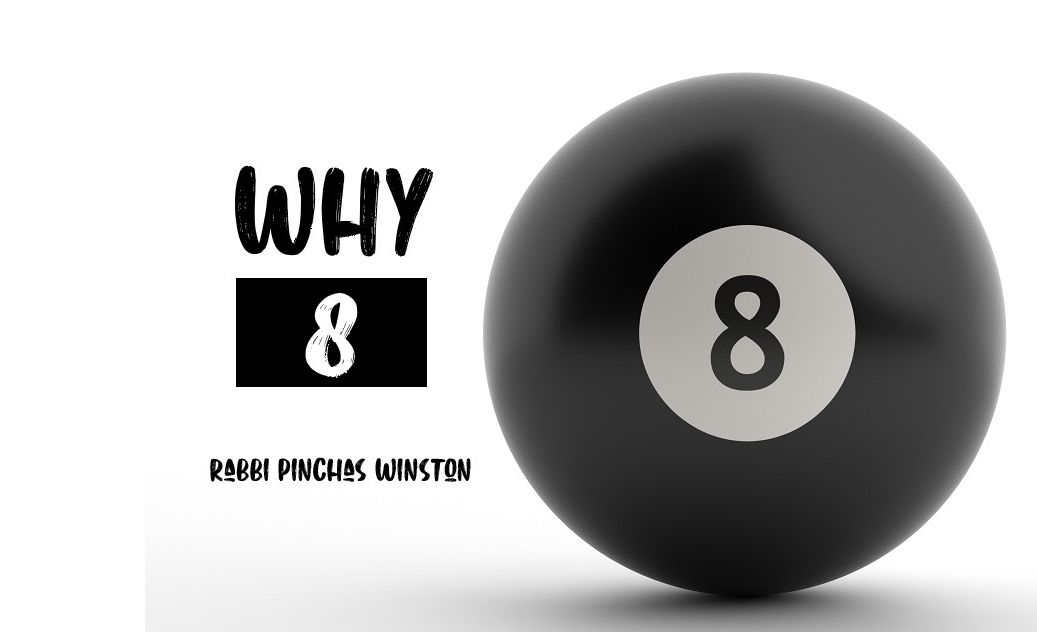


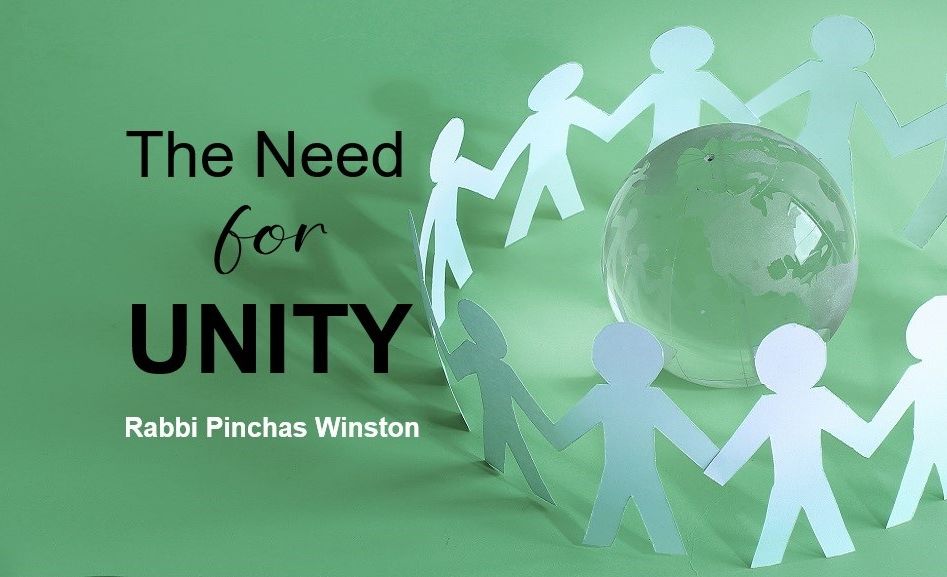

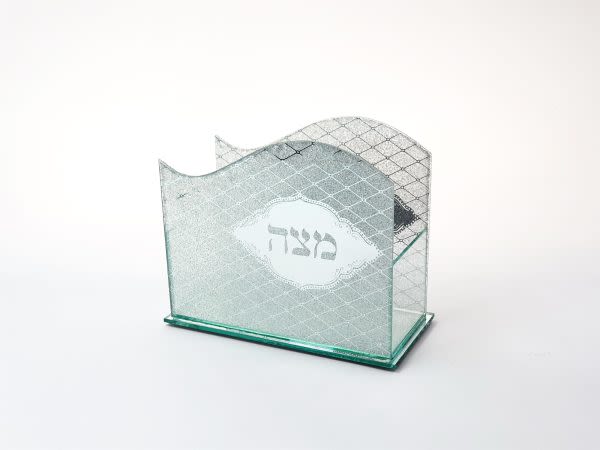
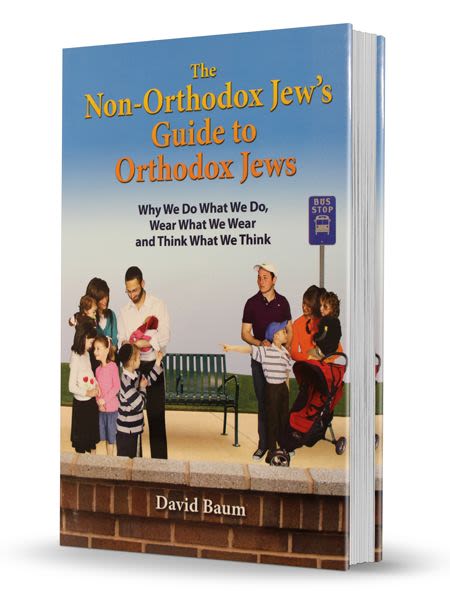
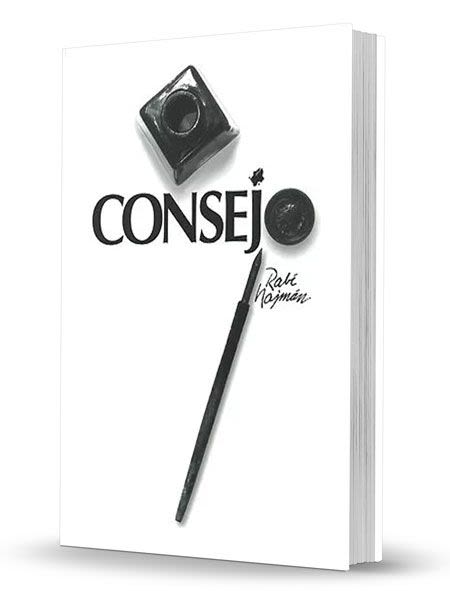
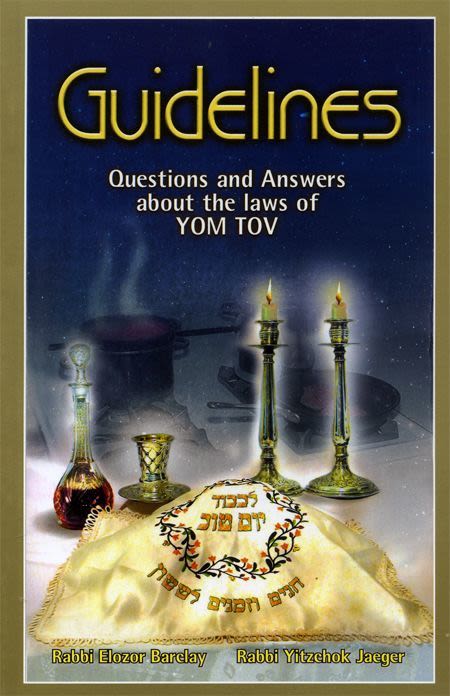
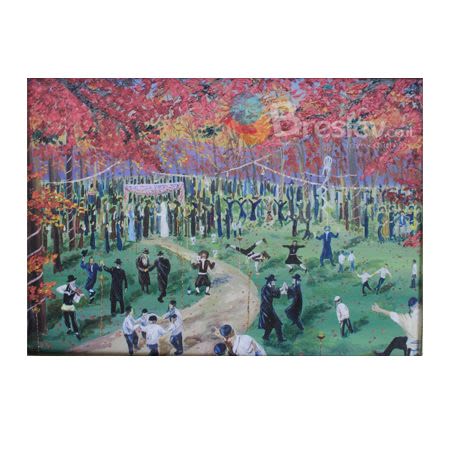
Tell us what you think!
Thank you for your comment!
It will be published after approval by the Editor.